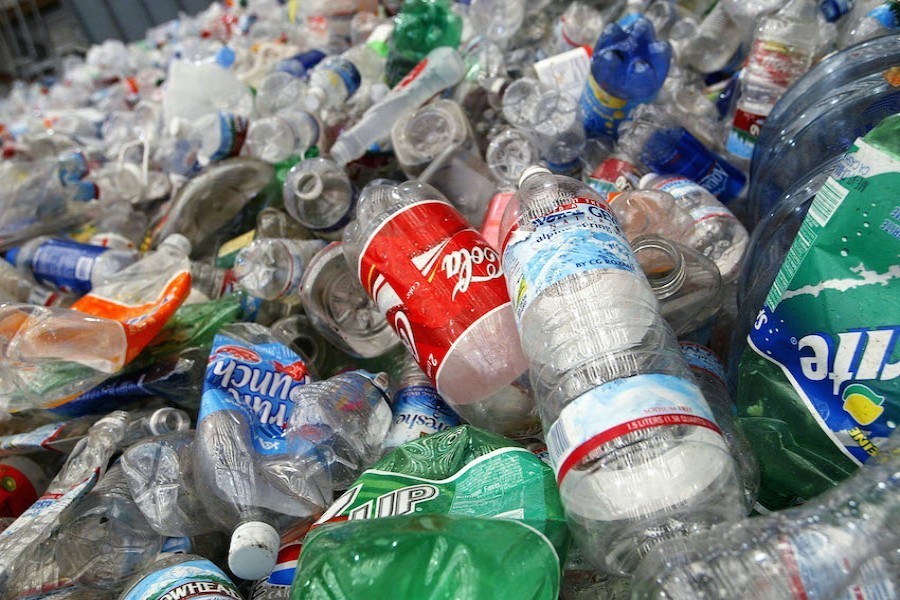Asia-focused overview of the plastic pollution crisis said the oil and gas industries will ramp up plastic production in the coming years raising fears of possible ‘plastic pandemic’ among experts.
The Asian region has also become a major destination of plastic waste trade, where South and Southeast Asia emerge to become hotspots. The publication titled ‘Plastic Atlas Asia Edition’ highlighted Asia’s growing role and impact on plastic production, consumption, and disposal since the post-war period.
The publication also focuses on particular challenges facing the region, along with potential solutions as currently over half of the plastic produced globally originated from Asia.
Marking the Earth Day on Thursday, the Heinrich Böll Foundation, the Break Free From Plastic movement, and Institute for Global Environmental Strategies (IGES) published the Asia English edition of the Plastic Atlas, a study on the region.
With overconsumption exacerbated by the COVID -19 pandemic, the Atlas also highlighted the “surge of single-use plastics more recently and how the oil and gas industry plans to ramp up production in the coming years.”
Further, the publication also explains that recycling is not the solution to the plastic crisis, an idea which has been widely promoted by governments and corporations.
Clemens Kunze, deputy director of the Heinrich Böll Foundation Hong Kong office and executive editor of the Plastic Atlas Asia Edition, said in a statement that since 99 per cent of all plastics are made of fossil fuels and produce enormous amounts of greenhouse gas emissions along the entire lifecycle of plastic, it is clear that the solutions to the plastic and climate crisis need to go hand in hand.
“The petrochemical industry is planning a massive expansion of the plastic production infrastructure to flood the global market with yet more waste and toxics. Through the Plastic Atlas, we hope to show our collective responsibilities as people of this region and call on governments and corporations to proactively find ways to lead us out of this crisis,” Clemens Kunze added.


